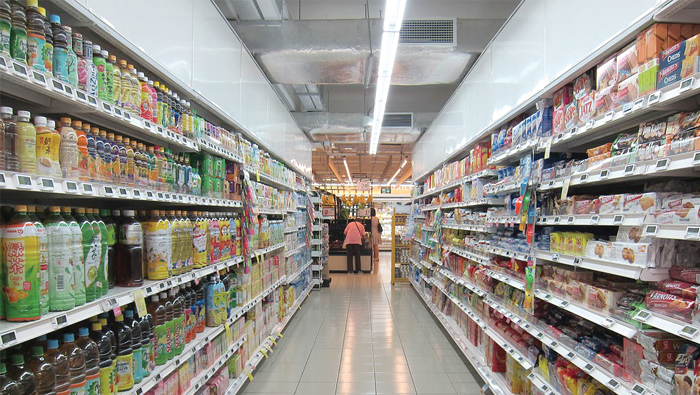
Muscat: Inflation in Muscat has been lower than the rest of Oman, according to the National Centre for Statistics and Information (NCSI).
February’s inflation rate in Muscat governorate rose by 0.34 per cent in February 2018 from the same month last year. This is significantly lower than the overall Omani inflation rate during the same period, which was 0.49 per cent.
Alkesh Joshi, a partner at Ernst and Young, said the difference was down to lower transportation costs in Muscat.
“It is primarily because of the lesser need for transportation in and around Muscat. Whereas for the interiors of Oman, there is more transportation and fewer storage facilities. These factors raise the price of goods in the interior of the Sultanate,” he said.
Anchan CK, Managing Director at World Wide Business House, said the lower inflation rate in Muscat was down to a number of factors, in addition to lower transportation cost.
“There are many reasons for that. These include the lower cost of logistics and transportation, ease of doing business, such as availability of infrastructure—machines and facilities—on either lease, rent or on a sub-contract basis,” CK said.
“Moreover, supply of products and services is low in interior regions, while demand for products and services is much higher. Increased money supply and ongoing demand also play a role,” CK added. At the same time, Joshi said inflation was good for the economy.
“A little inflation helps because it drives economic growth. If there was deflation, then it means there’s surplus production and no incentive for growth,” he
remarked.
CK concurred that inflation does, in fact, aid economic growth.
“Inflation makes consumers expect prices to continue rising. When prices are going up, people will buy now rather than pay more later. This increases demand in the short term. As a result, stores sell more and factories produce more. They are also more likely to hire new workers to meet demand. It creates a virtuous cycle, boosting economic growth,” he said.
“Incomes also rising”
A small rate of inflation, according to Joshi, would not affect the purchasing power of consumers. “Rising incomes ensure that purchasing power of people is not hit. The manpower ministry has mandated that companies increase basic salaries by 3 per cent every year. The rise in income is greater than the inflation rate. So, people can cope,” Joshi said.
The economy is also believed to be growing because of the improvement in oil prices. “Oil is going at anywhere between US$65 to $70 per barrel. So, there is more money coming into the system. A growth rate of more than 3 per cent has been forecast for this financial year,” Joshi added.
The decreasing number of expats is also a possible factor affecting the prices of goods and services. “Certainly, consumer behaviour pattern and size of the population play a key role. Demand is directly related to buying power and size of the market,” CK said.